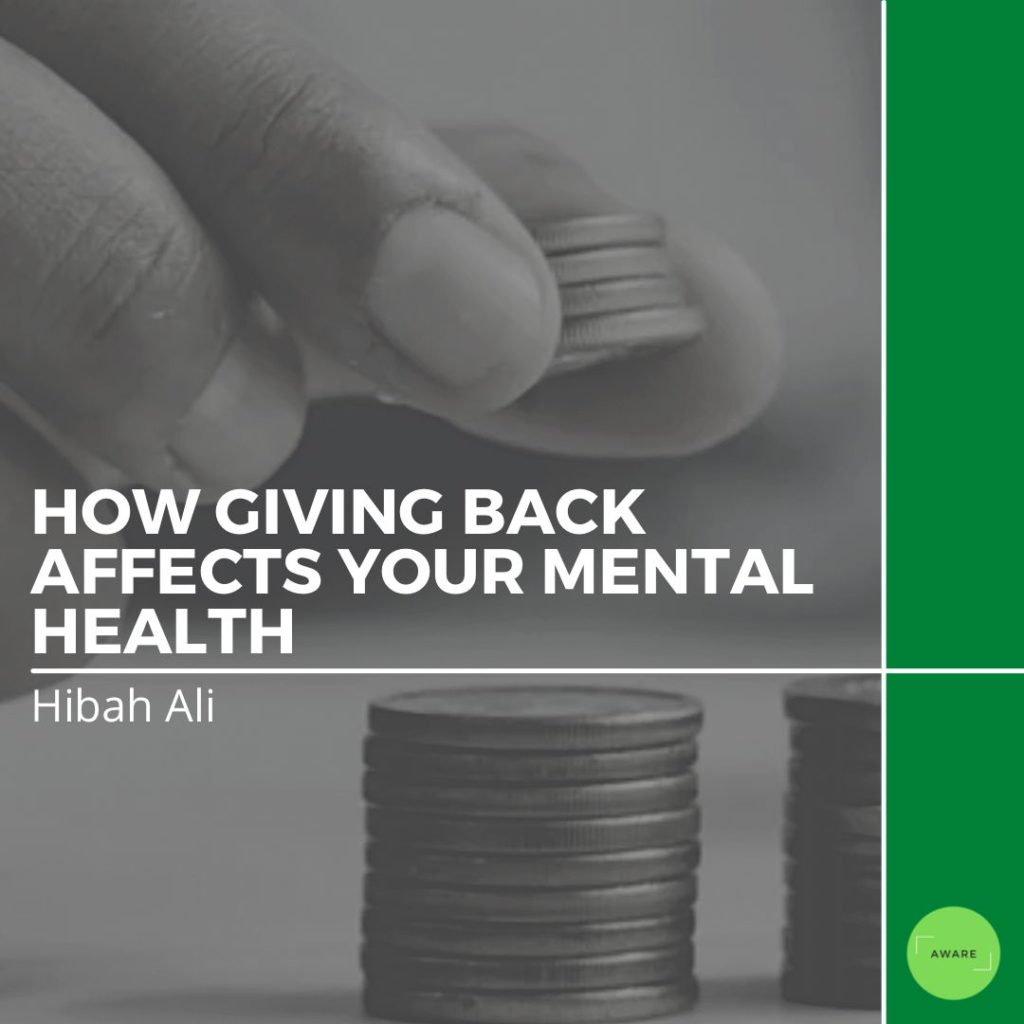Selfless acts of altruism such as volunteering, giving charity, and joining or even starting non-profits are based on the premise of giving back to society, whether it be economically or socially. Millions of individuals worldwide choose to spend a portion of their time doing selfless deeds without any return. The question arises as to why individuals would choose to spend their time in this way. Besides the obvious social benefits, are there any internal benefits? What motivates people to continue to give back?
The Helper High
Performing an act of kindness in any situation always feels good. There is a sense of internal fulfilment and satisfaction by seeing your acts benefit another person. Further research has delved deeper into this phenomenon and coined it as the “helpers’ high”. Psychologists have discovered that by giving back to others, a set of endorphins are released that give a mild high that is comparable to morphine. Our brains release hormones such as oxytocin, serotonin, and dopamine, which essentially help enhance our mood and counteract the effects of stress hormones such as cortisol. Therefore, studies have shown that those who engage in charitable activities tend to show lower levels of anxiety, depression and overall stress. From an evolutionary perspective, this mechanism helped us ensure our wellbeing as a collective society, the rush of endorphins providing an incentive to continue the practice of being charitable. Consequently, the benefits of compassionate action extend to longevity. A study by the University of Michigan found that elderly individuals who contributed to others reduced their risk of dying by nearly 60% compared to those who did not provide any emotional or practical support to those around them – whether it be friends, family, or individuals in need outside of those circles – demonstrating the power of how those who give more tend to have longer lifespans. Therefore, there are intrinsic benefits to acting in altruistic ways. We benefit those around us, and, most importantly, help ourselves to become better individuals.
Charitable Acts You Can Do
- Smiling
- Listening to a friend with compassion
- Packaging meals and distributing them
- Taking part in charity runs
- Picking up the litter
- Over-tipping
- Donating to local charities
- Volunteering
- Joining a non-profit organization
